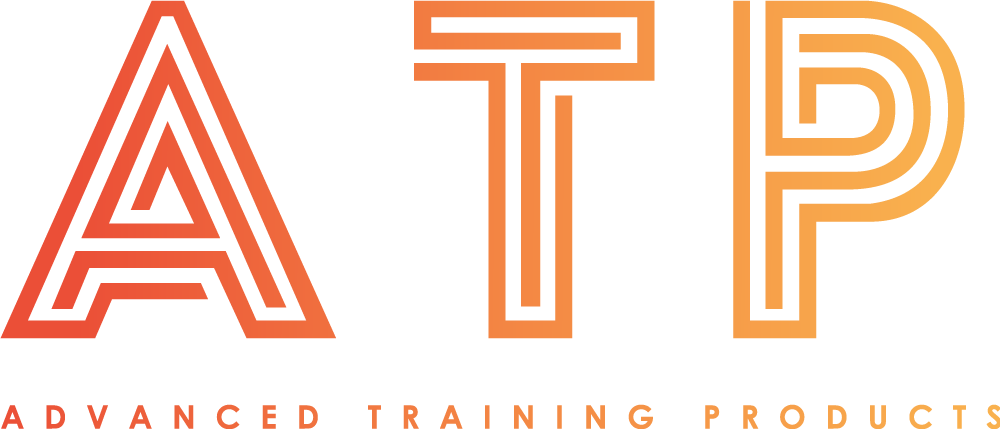White Papers and Press Releases
At Advanced Training Products, we're committed to empowering organizations with the knowledge and tools they need to create safer, healthier workplaces. Our thought leadership resources provide valuable insights into a range of topics, including:
- Total Worker Health® initiatives
- Workplace impairment prevention
- Reasonable suspicion protocols
- Cannabis legalization and its impact on the workplace
Stay informed and stay ahead with our expert analysis and actionable advice.
Keep up with the latest industry news through our press releases below.
Training Leaders and Managers: Empowering Effective Intervention and Support for Workplace Impairment
The Significance of Leader and Manager Training: Equipping leaders and managers with the necessary skills and knowledge to address workplace impairment is essential.
- Early Identification and Intervention: Enables leaders and managers to recognize signs of impairment early on, allowing for timely intervention and support to prevent escalation and promote recovery.
- Effective Communication of Policies: Targeted training helps leaders confidently enforce impairment policies, creating a consistent and safe work environment for everyone.
- Appropriate Intervention Strategies: Provides leaders and managers with the skills to conduct sensitive conversations, assess the severity of impairment, and determine appropriate intervention strategies.
Core Components of Leader and Manager Training: Effective leader and manager training on workplace impairment should encompass key components.
- Understanding Workplace Impairment: Provide overview of workplace impairment, including its causes, manifestations, and potential impacts on safety, productivity, and employee well-being.
- Recognizing Signs of Impairment: Train leaders and managers to identify signs of impairment, including physical, behavioral, and performance-based indicators.
- Case Studies and Role-Playing: Incorporate real-world case studies and role-playing exercises to allow leaders and managers to apply their training in practical scenarios.
Reinforcing Training through Documentation and Support: Training alone is not sufficient; it must be reinforced through ongoing documentation and support.
- Training Documentation: Maintain records of training attendance and provide participants with training materials for ongoing reference.
- Documentation of Interventions: Encourage leaders and managers to document their interactions with employees regarding impairment concerns, providing a record of interventions and outcomes.
- Peer Support and Networking: Encourage peer support and networking among leaders and managers to share experiences, exchange strategies, and provide mutual support in addressing impairment-related issues.
Certain states like New Jersey have established the role of the Workplace Impairment Recognition Expert ("WIRE") to help address these issues. Advanced Training Products offers an innovative solution: WIRE Certified Training™.

